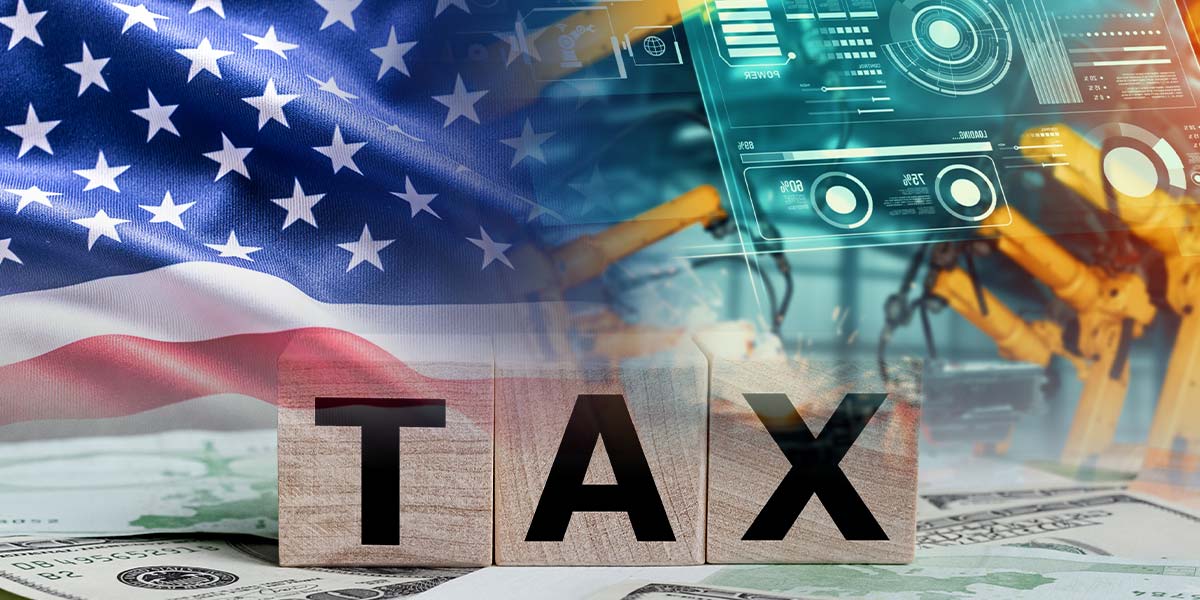The Trump administration has initiated a series of national security investigations into imports of robotics, industrial machinery, and medical devices—a move that could open the door to new tariffs and potentially push up costs for manufacturers, hospitals, and consumers.
According to filings in the Federal Register, the Department of Commerce began the inquiries on September 2 under “Section 232” of the Trade Expansion Act. The probes will determine whether such imports pose a threat to U.S. national security interests.
The new investigations broaden the scope of products potentially exposed to higher U.S. tariffs, now extending to personal protective equipment such as surgical masks, N95 respirators, gloves, and other medical consumables, including syringes, needles, and prescription drugs. They also cover medical equipment like wheelchairs, hospital beds, and diagnostic and therapeutic devices such as pacemakers, insulin pumps, and heart valves.
The administration could rely on these investigations as grounds to impose targeted tariffs—as it previously did on automobiles, auto parts, steel, aluminum, and copper—aimed at strengthening domestic production of goods vital to national security.
The Commerce Department is seeking industry feedback on local demand for these items, the capacity of U.S. manufacturers to meet that demand, and the influence of foreign supply chains. Businesses have also been asked to comment on the impact of overseas subsidies and, in the administration’s words, “predatory trade practices.”
The ongoing reviews reflect Washington’s persistent unease over dependency on foreign supply chains, with ongoing parallel probes targeting pharmaceuticals, semiconductors, silicon wafers, chipmaking equipment, and related downstream products.
Any new duties from these sector-specific investigations would be in addition to the country-specific tariffs already imposed by President Donald Trump, although side agreements between the U.S., the European Union, and Japan may shield those regions from further levies.
Data from the U.S. International Trade Commission indicates that the United States relies heavily on Mexico and China for imported machinery, which accounted for a combined 35% of all machinery imports in 2023.
The automobile sector is especially exposed; it represented the largest share of demand for industrial robots last year according to the International Federation of Robotics, with 13,747 units installed—most of them imported due to sparse domestic production.
Potential tariffs on medical devices and protective equipment have raised concerns among healthcare stakeholders, who caution that increased costs may be passed onto hospitals, patients, and taxpayer-backed programs like Medicare, Medicaid, and the Veterans Health Administration.
Scott Whitaker, CEO of AdvaMed—the medical technology industry association—noted that supply chain concerns are already emerging among MedTech leaders, warning that higher healthcare costs for patients and the broader system are unaffordable.
Hospital industry groups have echoed these concerns in recent months. Rick Pollack, president and CEO of the American Hospital Association, cautioned in April that interruptions in the supply of essential medical devices—many of which are imported—could significantly impact patient care.




